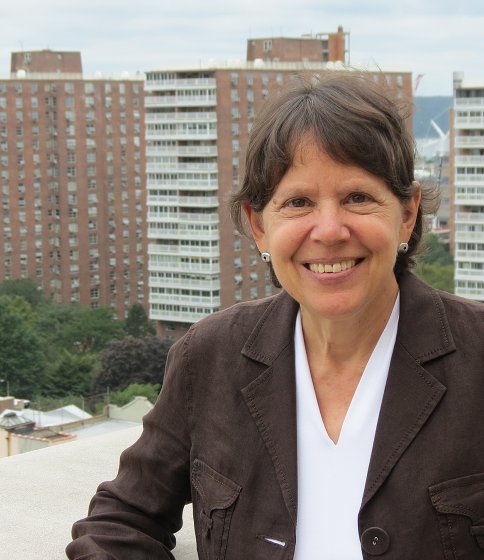
Jane Waldfogel
Columbia School of Social Work, Columbia University
Jane Waldfogel is a professor of social work and public affairs at Columbia School of Social Work and a visiting professor at the Centre for Analysis of Social Exclusion at the London School of Economics. Waldfogel received her Ph.D. in public policy from the Kennedy School of Government at Harvard University. She has written extensively on the impact of public policies on child and family well-being. Her books include: Britain’s War on Poverty (Russell Sage Foundation, 2010); Steady Gains and Stalled Progress: Inequality and the Black-White Test Score Gap (Russell Sage Foundation, 2008); What Children Need (Harvard University Press, 2006); Securing the Future: Investing in Children from Birth to College (Russell Sage Foundation, 2000); and The Future of Child Protection: How to Break the Cycle of Abuse and Neglect (Harvard University Press, 1998). Her current research includes studies of work-family policies, improving the measurement of poverty, and understanding social mobility across countries.
-
Maternal and Reproductive HealthPaid Family Leave and Breastfeeding: Evidence from California
California was the first state to enact a paid family leave entitlement in 2002, providing eligible workers up to six weeks of paid leave. Jessica E. Pac, Ann P. Bartel, and Jane Waldfogel of Columbia University, and Christopher J. Ruhm of the University of Virginia evaluated the effect of the policy on breastfeeding in this National Bureau of Economic Research Working Paper.
April 29, 2019
|Evidence
| -
 Children and FamiliesNow is the time to move forward on paid family and medical leave
Children and FamiliesNow is the time to move forward on paid family and medical leaveA solid majority of Americans, from both parties, endorse paid family and medical leave. There are proposals for paid leave in Congress and the President’s budget. A recent bipartisan proposal from an AEI/Brookings working group, of which I am a member, is also garnering a lot of attention. This is an opportune time to enact a federal policy to provide paid family and medical leave to all employees.
August 2, 2017
|P4A Spark
| -
Maternal and Reproductive HealthThe Effects of Paid Family Leave on Infant and Maternal Health Outcomes
The U.S. lags far behind other countries in public policies that support parents in the crucial first days, weeks, and months of a child's life. Most notably, the U.S. is the only developed country that does not guarantee a period of paid and job-protected leave for new parents. As a result, paid family leave coverage is both limited and highly unequal. This situation, however, is beginning to change, as California, New Jersey, New York, and Rhode Island and a handful of U.S. cities now have paid family leave (PFL) programs.
September 15, 2016
|Has Evidence
|